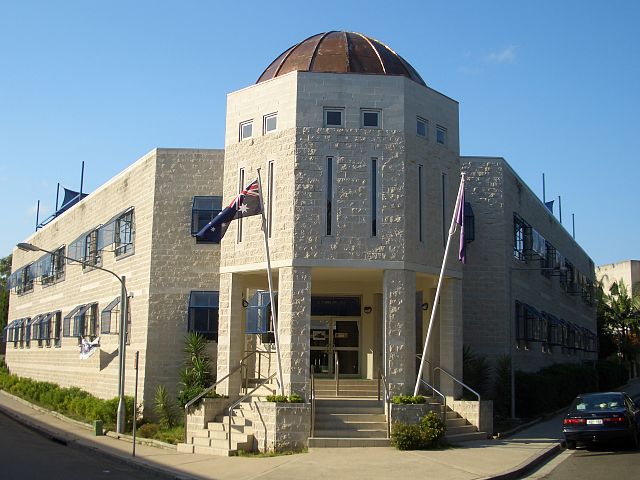Government vs Private School
Many parents face the decision of choosing between government schools and private schools for their child’s education. This decision is crucial as a child’s future depends on their education. While there is no single formula to follow in choosing the right school, there are some differences between the two types which may influence a parent’s decision.
Private School Overview
Private schools are funded by private organizations or NGOs. They typically have more facilities, better equipment, and well-maintained buildings compared to government schools. However, they also have a heavier study load and higher fees. The curriculum and playtime are well-structured, and in developing countries, private schools at the pre-nursery and nursery level often maintain better standards and quality of education. Private schools have more freedom in their use of funds but do not require teachers to have state certification. They can also deny admission based on their own criteria.
Key Takeaways
- Private schools have better facilities and equipment but higher fees.
- Teachers in private schools do not need state certification.
- Private schools can deny admission based on their own criteria.
Government School Overview
Government schools are funded by the national or state government and have lower fees due to government aid. They generally offer more playtime than subject studies, which can be beneficial for young children who learn best through play. Teachers in government schools are required to have state certification, and these schools must grant admission to all children living within their designated area.
Key Takeaways
- Government schools have lower fees due to government funding.
- Teachers in government schools need state certification.
- Government schools must grant admission to all children within their designated area.
Differences Between Government and Private Schools
- Control: Private schools are run by private companies or NGOs, while government schools are run by government agencies or funded by the state and federal levels.
- Fees: Private schools have higher fees depending on their reputation, while government schools have lower fees due to government funding.
- Selection of Teachers: There are no specific criteria for teacher selection in private schools, but state certifications are required in government schools.
- Admission: Private schools can deny admission based on their own criteria, while government schools cannot deny admission to children living within their designated area.
- Technology: Private schools usually have better technology due to their higher fees, while government schools’ technology depends on the specific school.
- Curriculum: Private school curriculum is decided by the school board, while government school curriculum is decided at the national or state level.
In conclusion, private schools are often considered more prestigious in Asian countries due to the perception that they better shape a child’s future than government schools. However, some government schools are competing with private schools and are considered better in certain countries.
